Download our Free Guide:
Senior Living Explained
Learn what different types of senior living care are available and which one best fits your needs now and in the future.

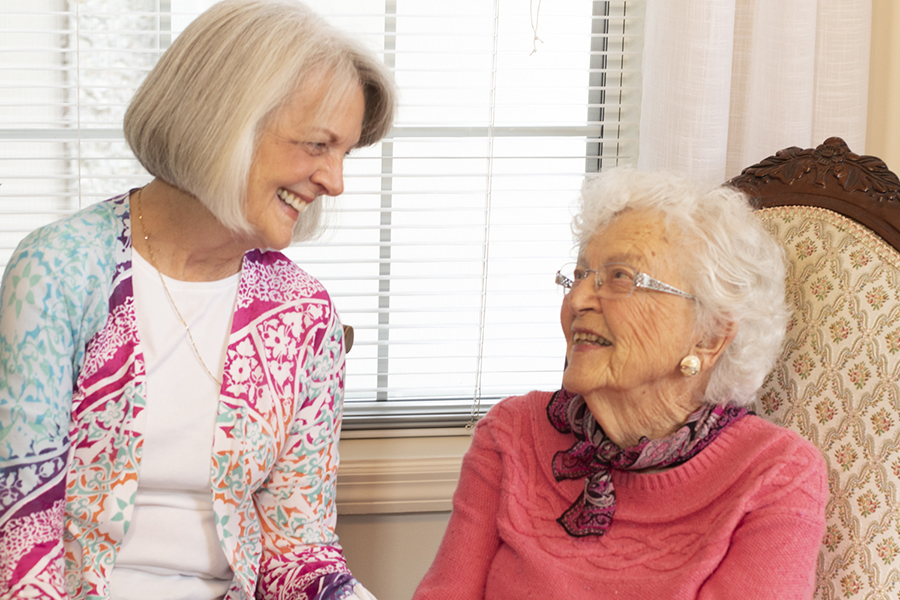
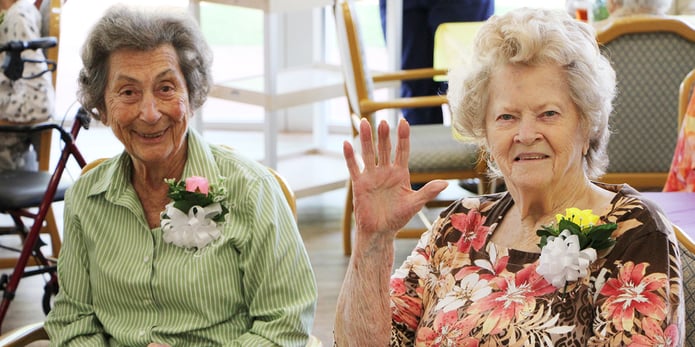
Consider this: here in the US, 10% of those age 65 or older have some form of dementia according to a new study conducted by Columbia University. They say another 22% of Americans over 65 have mild cognitive impairment.
Not surprisingly, dementia becomes more prevalent with age – just 3% of those age 65-69 but 35% of those 90+. However, while dementia is a significant concern, it is not a normal part of aging. So how can you tell the difference between everyday forgetfulness and early signs of dementia, especially if you’re concerned about an aging parent?
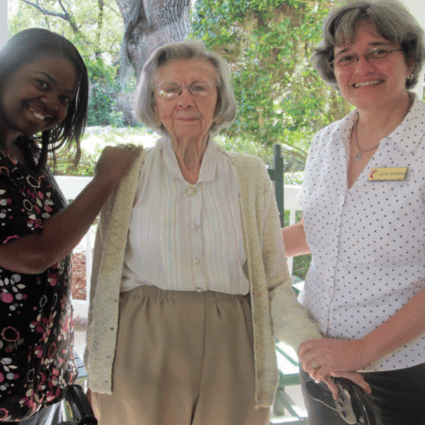 When to take “senior moments” seriously
When to take “senior moments” seriouslyWe all forget things from time to time. We miss an appointment, can’t remember someone’s name at a party, where we set our keys or why we walked into the next room. These forgetful moments can increase as we age, and many people humorously refer to them as “senior moments.” But it’s not so funny when you know that early signs of dementia and similar conditions can appear as early as 15 years before diagnosis.
It’s also important to know that memory loss is just one potential indicator of dementia. If Mom seems to have decreased language skills or visual perception, attention deficits or even personality changes, these may be early signs of dementia.
This infographic, “Forgetfulness: Normal or not?” is a good quick-reference guide. Below are some key signs to look for.
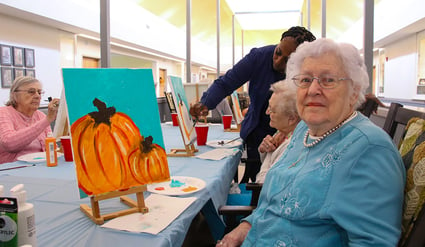 Do reminders help with recall?
Do reminders help with recall?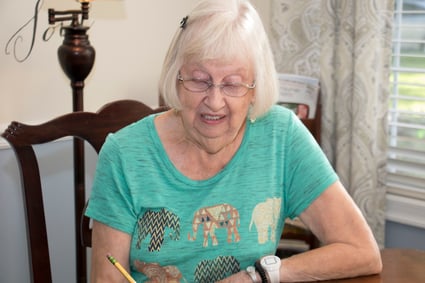 Does Mom forget the same thing repeatedly?
Does Mom forget the same thing repeatedly?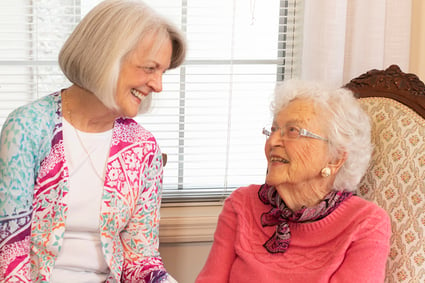 Has her behavior changed?
Has her behavior changed?I’m seeing signs of dementia in my mother. Now what?
Go with your Mom to visit her doctor and discuss your concerns. If she is diagnosed with dementia, Alzheimer’s or a similar condition, know that Magnolia Manor is here to help. Caring for a loved one with dementia requires specialized training and an environment that is both secure and comfortable.
Memory Care at Magnolia Manor provides exceptional, personalized care to patients at all stages of dementia or Alzheimer’s disease. For families, we offer education, pastoral counseling, and support groups to help navigate this challenging diagnosis. To learn more, contact us at 1-855-540-LIFE(5433).
Learn what different types of senior living care are available and which one best fits your needs now and in the future.
